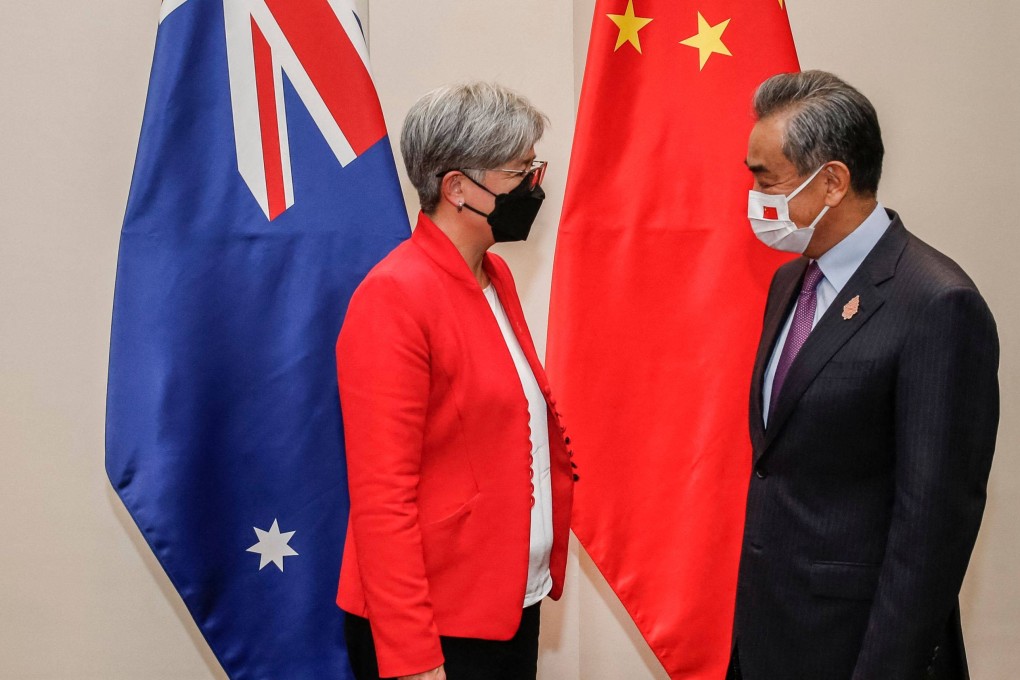Advertisement
Letters | Australia and China must take off Cold War-tinted glasses and really see each other
- Readers discuss Sino-Australian relations, China as viewed by the US, and how China must make real progress in protecting women
Reading Time:3 minutes
Why you can trust SCMP
4

Feel strongly about these letters, or any other aspects of the news? Share your views by emailing us your Letter to the Editor at [email protected] or filling in this Google form. Submissions should not exceed 400 words, and must include your full name and address, plus a phone number for verification.
Australia is off to a good start resetting its relationship with the Pacific Islands and China. Its participation in the recently concluded Pacific Islands Forum was most promising in this regard.
But it’s early days. Most urgently, we need a better Sino-Australian mutual understanding as the basis for a rapprochement between our two countries.
Advertisement
China needs a better understanding of Australia’s close relationship with the United States, arising from the Pacific war; and Australia needs a better understanding of China’s long-standing view of itself as the centre of the civilised world and its resentment at having been pushed around by the West and Japan in the past.
Clearly, China is – legitimately, from its point of view – challenging the Western hegemony in the region that was established by force during the Pacific war. So far it is not doing so by direct conquest but rather by non-violent, mainly economic, means.
Advertisement
Both Australia and China need to disregard strident voices within their own ranks wanting to redefine the relationship using provocative Cold War rhetoric.
Advertisement
Select Voice
Choose your listening speed
Get through articles 2x faster
1.25x
250 WPM
Slow
Average
Fast
1.25x